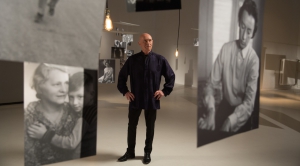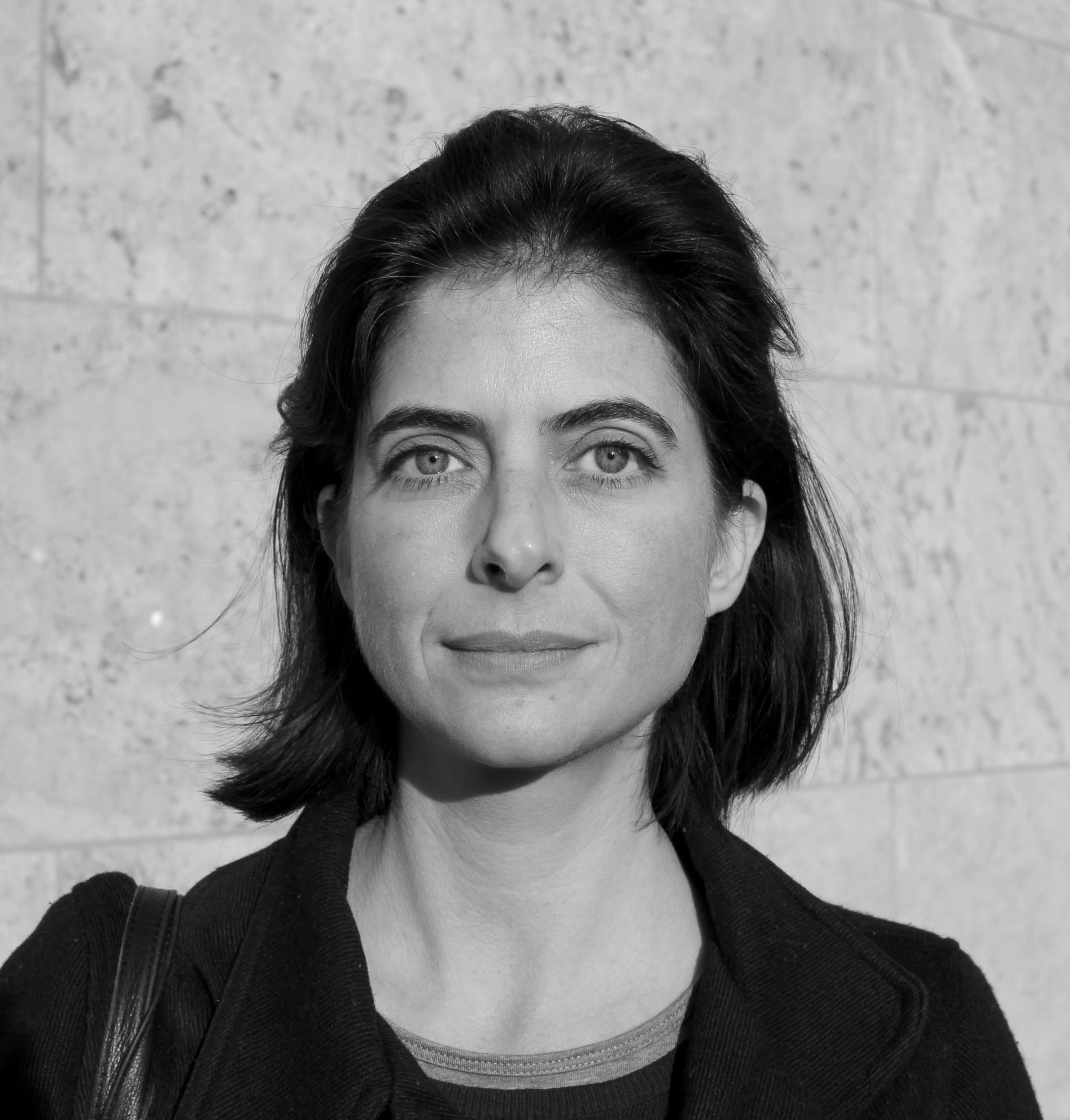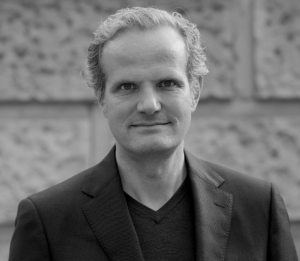One thing is certain: Christoph Eschenbach, now 75 years old, will continue conducting till he turns 100. Music is his spiritual home, his roots lie in North Germany and his life is centered on Paris. This is welcome opportunity for Arte to pay tribute to a musical cosmopolitan portraying his current field of work between Hamburg, Paris and Washington, combining archive recordings and personal moments.
Eschenbach’s first memories of life are those of death. His mother having died when giving birth to him, his father having been killed in a Nazi punishment battalion, the five year old was left behind with his grandmother in a refugee camp where he was the only one to survive a typhoid epidemic. Eschenbach’s later foster mother rescues him from the camp. She is pianist and singer and so Christoph Eschenbach finds his way back to life through her music. Since then Christoph Eschenbach has been exploring all limitations with and through his music.
The traumatic outset in life is followed by a dreamlike rise: raised in Neustadt in Holstein Eschenbach wins the first prize of the Hamburg Steinway Competition at the early age of 10. He studies piano in with Eliza Hansen and conducting with Wilhelm Brückner-Rüggeberg, both in Hamburg. As prize winner of the ARD Competition and the Clara Haskil Competition Eschenbach embarks on a career as a successful pianist and conductor, mentored by Herbert von Karajan and George Szell.
Eschenbach makes his debut as conductor 1972 in Hamburg. Important stations are amongst others: Ludwigshafen, Tonhalle Zurich, he leads the Houston Symphony Orchestra to new heights, takes over the NDR Symphony Orchestra and is appointed head of the Orchestre de Paris from 2000 to 2010. Since 2010 he is music director of the Washington NSO.
But apart from the classical walks of life there are more commitments reflecting his work and personality. Together with Justus Frantz he is 1986 co-founder and later artistic director of the Schleswig-Holstein Musik Festival (SHMF). Most important for Eschenbach, however, is not alone his own work but also the careers he has been lately supporting and encouraging. Three musicians should be especially mentioned in this context: Tzimon Barto, Renée Fleming and Lang Lang.
Documentation, 2017, 52 Min
Author & Director: Andreas Morell
DOP: Thomas Frischhut
Editing: Nina Mühlenkamp
Line Producer: Linn Sackarnd
Commissioning Editor: Claudia Cellarius (NDR)
Producer: Bernhard von Hülsen
A production on behalf of NDR/Arte


